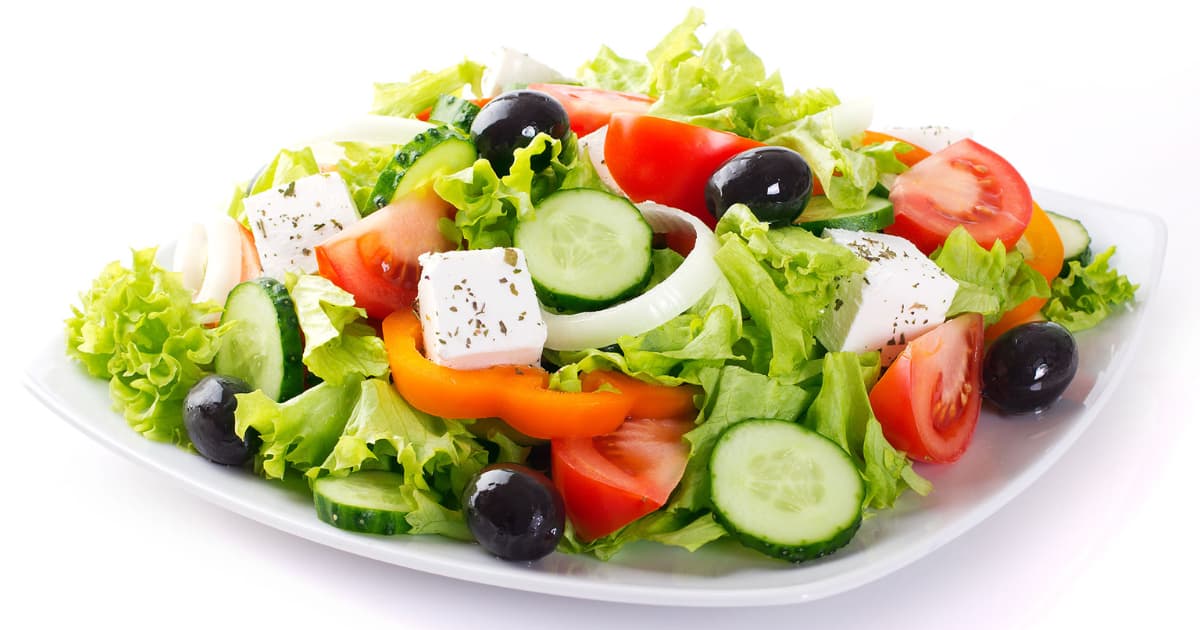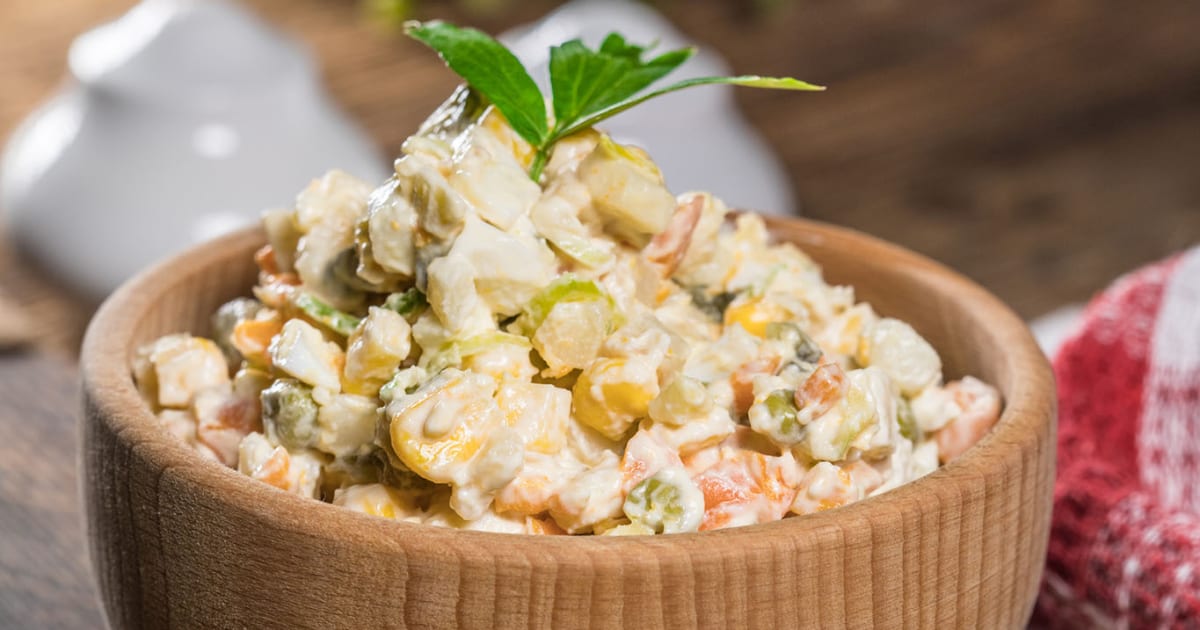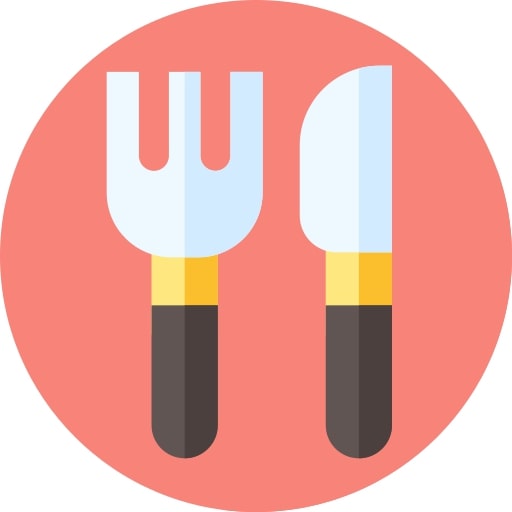Salads are often portrayed as the perfection of healthy eating. With their fresh vegetables, leafy greens, and an array of toppings, salads seem like an obvious choice for a nutritious meal. But are salads really as healthy as their reputation suggests? Or can they be nutritional nightmares in disguise?

The truth is, salads can be either incredibly healthy or shockingly unhealthy, depending on what you put in them. By choosing the right ingredients and avoiding common pitfalls, you can create salads that nourish your body and support your health goals.
What Makes a Salad Healthy

The base of a healthy salad starts with dark, leafy greens like spinach, kale, arugula, and romaine lettuce. These greens are packed with vitamins, minerals, and antioxidants that fight inflammation and disease. Mixed greens or spring mix also add variety.
Colorful vegetables like tomatoes, carrots, beets, and bell peppers provide important nutrients and make salads more exciting. Fruits, such as berries, apple, peach, or orange segments also boost flavor and nutrition.
Healthy fats are key for absorbing fat-soluble vitamins from vegetables. Avocado, olive oil, nuts, and seeds (like walnuts or sunflower seeds) add creaminess and crunch.
For staying power, include a lean protein like grilled chicken, salmon, shrimp, beans, lentils, or tofu. This helps you stay satisfied compared to just eating veggies.
Finally, a simple vinaigrette with olive oil, vinegar, mustard, and herbs brings it all together with bold flavor.
Pitfalls that Make Salads Unhealthy

While salads have healthy potential, there are many ways to accidentally create a nutritional disaster. Watch out for these common mistakes:
Excessive dressing drowns salads in fat, calories, and sodium. Stick to 1-2 tablespoons of lighter vinaigrette-style dressings.
Creamy dressings like ranch, blue cheese, and Caesar pack in calories and saturated fat. A 2-tablespoon serving can add 150 calories and 15 grams of fat.
Fat-free dressings replace fat with sugar and preservatives. Better to use less full-fat dressing than massive amounts of fat-free.
Fried and breaded toppings, like chicken tenders or wontons, drive up calories and fat. Grilled chicken or tofu make healthier choices.
Full-fat toppings like cheese, bacon, and avocado are fine in moderation. But too many piles on saturated fat.
Croutons and tortilla strips offer crunch, but often at the cost of extra refined carbs. Swap for nuts or roasted chickpeas instead.
Dried fruits and candied nuts contain added sugar. Fresh fruit and unsalted nuts are far better options.
Iceberg lettuce is not as nutritious as darker greens like spinach and kale. Vary your lettuces to increase nutrients.
Health Benefits of Daily Salads
Given the right ingredients and proportions, incorporating salad into your daily routine offers tremendous health advantages:
- Increased vegetable intake - Starting lunch or dinner with a salad helps you reach the recommendation of 2-3 cups of veggies per day.
- More fiber - The vegetables, fruits, nuts, and legumes in salads provide filling fiber that supports digestion and heart health.
- Vitamins and minerals - The array of produce you can add supplies a range of vitamins and minerals like Vitamins A, C, E, and K.
- Disease prevention - The antioxidants and phytochemicals in salad ingredients help lower inflammation and the risk of chronic illnesses.
- Weight loss - The fiber, water, and nutrients keep you satisfied with fewer calories so you naturally reduce overall consumption.
- Slowed cognitive decline - Leafy greens contain compounds that may preserve memory and brain function as you age.
Tips for Building Healthy Salads
Follow these suggestions for crafting nutritious, balanced salads every day:
- Use dark, leafy greens for your base like spinach, kale, arugula, and romaine.
- Add color with tomatoes, carrots, peppers, beets, and other vivid veggies.
- Include lean proteins like chicken, salmon, lentils, edamame, or tofu.
- Don’t forget healthy fats like olive oil, avocado, nuts, and seeds.
- Stick to 1-2 tablespoons of vinaigrette or simple oil-and-vinegar dressing.
- Limit high-calorie toppings like cheese, bacon, croutons, and crispy fried topping.
- If using dried fruit or candied nuts, do so sparingly due to added sugar.
- Make sure your salad offers a variety of flavors and textures.
Salads walk a fine line between healthy and unhealthy, but you're in control. Keep your ingredients wholesome and well-balanced, and you can enjoy salad every day as part of an overall nutritious diet. A daily dose of fresh greens and veggies provides a healthy halo that brightens any meal.
FAQ
Q: Can eating too much salad be unhealthy?
A: Eating large portions of salad can lead to consuming too much fiber, fat, or sodium if you aren't careful about ingredients. This can cause gastrointestinal issues like gas, bloating, and diarrhea. To avoid overdoing it, use lighter dressings, minimal fried toppings, and balance hearty greens with other veggies.
Q: What are good salad recipes for weight loss?
A: To make salad conducive to weight loss, focus on low-calorie ingredients like greens, vegetables, beans, lentils, chicken breast, and shrimp. Avoid heavy dressings, cheeses, bacon, and fried toppings. Vinaigrettes and citrus juices make lighter dressings.
Q: How do you make salads more filling?
A: The key is to include protein, fiber, and healthy fats. Add beans, lentils, tofu, chicken, or salmon for protein. Nuts, seeds, and avocado offer filling healthy fats. And pile on fibrous veggies, fruits, and whole grains like quinoa or farro.
Q: Can you eat too many raw vegetables from salads?
A: It's rare, but possible to overdo raw vegetables if you eat very large salads at every meal. Cooking some vegetables can improve digestibility. Start slowly when increasing fiber to give your body time to adjust.
Conclusion
Salads can be an incredibly healthy part of your diet if you choose wholesome ingredients like leafy greens, colorful veggies, lean proteins, and healthy fats.
But unhealthy ingredients like fried toppings, creamy dressings, and excessive croutons can make salads high in calories, sodium, and saturated fat.
Follow the tips above to enjoy antioxidant-rich salads every day that boost your nutrition and support overall wellness.

